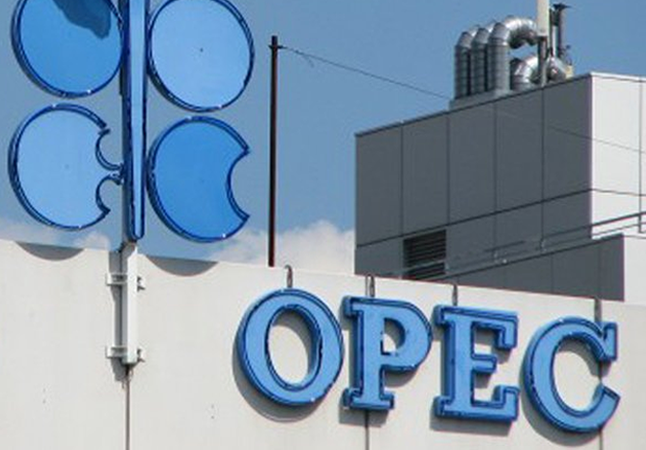
Brent, the crude against which Nigeria’s oil is priced, moved up in price to $114/barrel as at 4.34pm Nigerian time on Wednesday, rising by $3.72 or 3.37 per cent when compared to the previous day’s cost.
Its rise in price followed the ongoing war between Russia and Ukraine, as the Organisation of Petroleum Exporting Countries raised the alarm that the crisis was also costing the energy market more than seven million barrels of crude oil daily.
The Secretary-General, OPEC, Sanusi Barkindo, disclosed this at the 61st meeting of the Joint Technical Committee of the organisation via videoconference. Nigeria is a strong member of OPEC.
He said, “Today, we are also confronting a war in Ukraine whose far-reaching consequences could reshape the geopolitical landscape as well as world order itself.
“This conflict has also compounded the uncertainties related to the pandemic by stoking economic volatility and further elevating risk
premiums for oil and other essential commodities, given that both Ukraine and the Russian federation are key global exporters, including of essential agricultural goods.
“The potential loss of more than seven mb/d (million barrels/day) of Russian oil and other liquids exports (around seven per cent of current global demand), either through sanctions or voluntary actions, is already having major repercussions on energy markets.”
Barkindo added, “No matter how you crunch the numbers, there is simply no way to make up for a loss in volumes of this magnitude given the current demand outlook.”
He noted that the last major supply disruption of this size, 5.6 million barrels/day, occurred in 1978 and 1979 during the Iranian Revolution.
“At that time the spare production capacity was nine million barrels/day, nearly three times OPEC-10’s current levels of around 3.3 million barrels/day,” he said.
The OPEC scribe added, “Other gross peak supply losses during the last six decades were within the range of 1.5 to 4.3 mIllion barrels/day. During the Iran-Iraq war in 1980-1981, for instance, it reached 4.1 million barrels/day, and in 1990-1991, during the invasion of Kuwait, the loss amounted to 4.3 million barrels/day.”
Barkindo told the meeting that the leading international organisations and institutions came together in the early days of the COVID-19 pandemic to endorse efforts to stabilise the energy markets.
He said, “This high level of cooperation provided pivotal support to the collective efforts undertaken by our Declaration of Cooperation participating countries.
“We urge global leaders to follow this example of multilateralism and once again ensure an unhindered, stable and secure flow of energy to the whole world.”
Copyright PUNCH.
All rights reserved. This material, and other digital content on this website, may not be reproduced, published, broadcast, rewritten or redistributed in whole or in part without prior express written permission from PUNCH.
Contact: [email protected]





